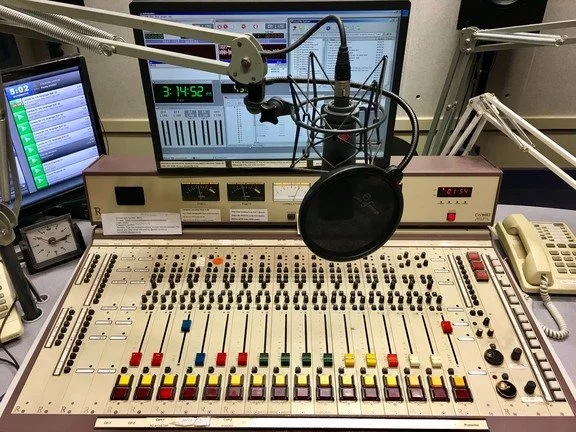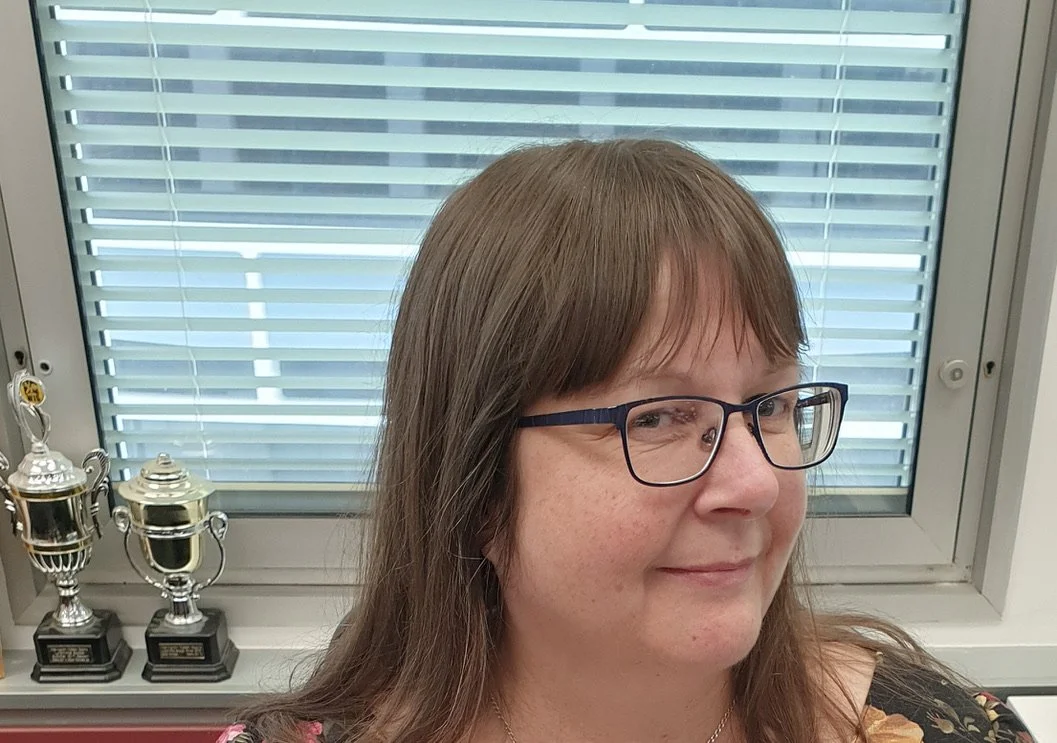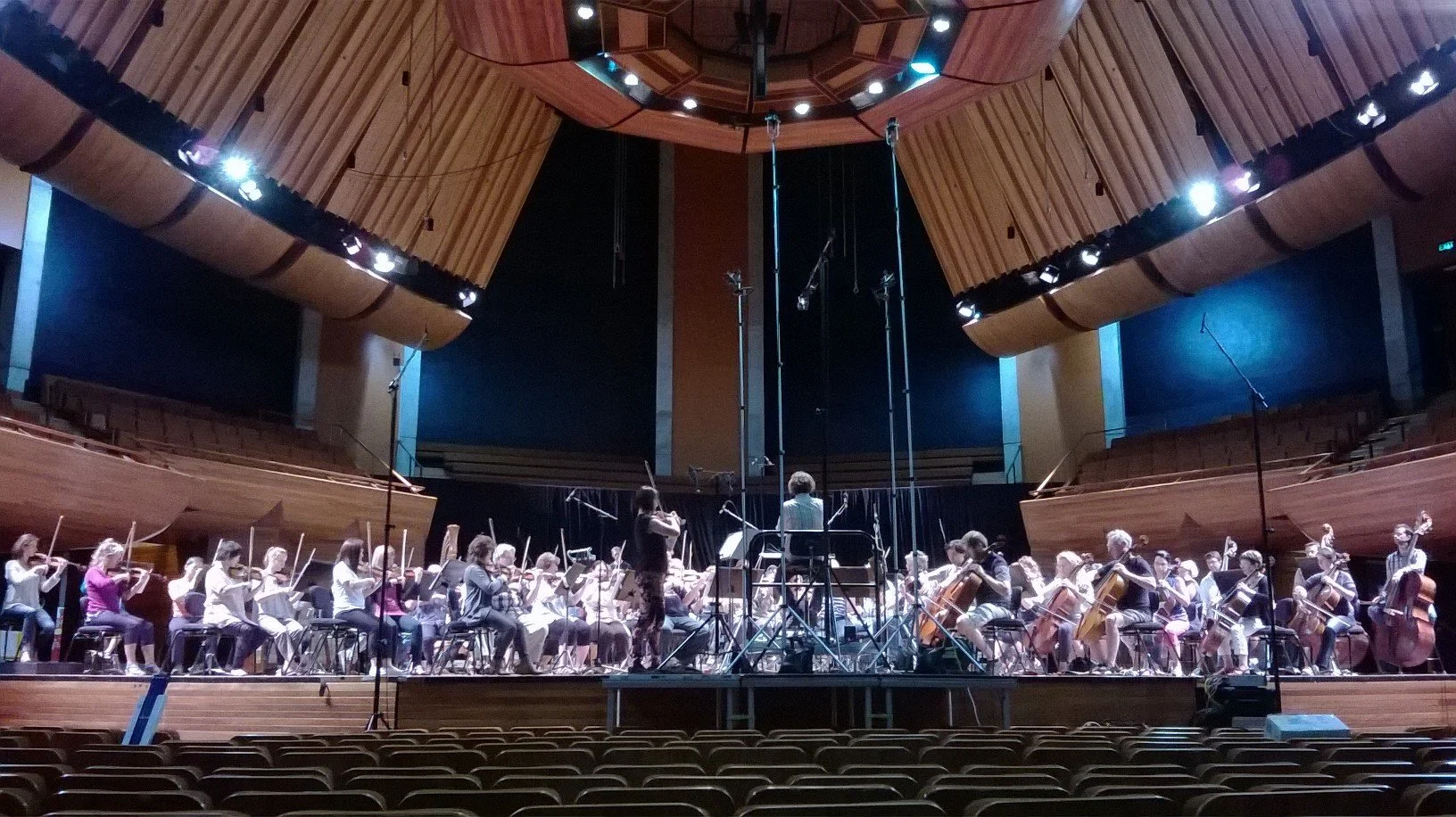RNZ Concert – what does 2022 hold for the network?
This week marks two years since RNZ’s brutal “Music Strategy” presented the greatest threat ever to the existence of RNZ Concert. Where are we now and are there blue skies ahead in 2022 for New Zealand’s only classical music network? Quite a lot has happened in the past 12 months, some of it offering glimmers of hope, some sadly reinforcing long-held concerns. Meanwhile, the government has ushered in a whole new area of possibility, uncertainty and threat called “Strong Public Media”.
It’s two years since RNZ CEO Paul Thompson’s 2020 plan to eviscerate RNZ Concert’s staff team, shift the network to AM broadcasting and use Concert’s budget for a proposed “youth network” was shelved in the face of a tsunami of high-profile nationwide protest. 12 months ago, I wrote a less-than-optimistic story – RNZ Concert: cultural treasure or bland soundtrack to our lives? – summarizing the campaign to Save RNZ Concert and setting out the current state of play. I raised concerns about what was missing in Concert’s new “programming strategy”, including the continued priority given to raising audience numbers without sufficient care for quality and the marked absence of any commitment to restoring personnel and budget resources to Concert.
Save RNZ Concert campaign
…musicians and supporters gathered in Auckland and six other cities in February 2020
Ten months ago, experienced broadcaster Liisa McMillan was appointed to the role of Station Manager for Concert, charged with being a “champion” for the network and restoring staff morale, among other things. You can read my profile of Liisa here. This week she reports that the team is in good heart, that she is excited about what lies ahead and is enjoying the role much more than she ever expected. Listeners may not have noticed changes to the on-air offering or approach since her arrival, but McMillan assures me she and the team have been working “under the hood”, with technology, roles and systems that will facilitate the work of the staff and allow them to focus more on adding value to what’s on-air. She expects this work will to come fruition soon, referring to “subtle adjustments to the programme schedule and timing guided by the needs of the audience at the time of day and where they are at that time.”
Station Manager Liisa McMillan and the Concert team are working “under the hood” to refresh the on-air offering
I ask whether McMillan is getting feedback that RNZ Concert’s current offering seems repetitive, safe and, well, rather dull in its repertoire choices? After all, Concert should not be delivering merely a bland and pleasant backing track to what RNZ has described as our “in car” and “at work” lives. She acknowledges that Concert has been running a similar playlist for quite a while, partly the result of out-of-date scheduling software that has not supported the team to be as nimble and responsive as possible. The recent technology work, she says, is going to help Concert refresh the playlist, “bringing more surprise and joy into the mix”.
So, while we wait for that refreshed offering, what else has been happening? There have been internal movements, with well-known presenter Clarissa Dunn now in a new role leading the Presentation Team, and David Houston moving back to the production/engineering team, the area of his original specialty. The latter move is about succession planning, McMillan says, “strengthening our skill base and protecting the knowledge in that area.”
Clarissa Dunn
…now leading the Presentation Team
What about the rest of the team? Three members with many decades of experience between them left the station last year, Eva Radich, Rick Young and Adrienne Baron. Radich and Young were well known to listeners as on-air presenters, Baron worked on many specialist programmes as a senior Music Content Producer before the 2016 cuts. Have those people and their expertise been replaced? Not yet, it seems. “I do have some vacancies,” McMillan tell me. “I’ve taken this time to look at how to apply the fixed budget.”
It’s very disturbing that the current Concert team of permanent employees seems to have shrunk to just 11, assisted by casual presenters. Before the savage restructuring by CEO Paul Thompson in 2016, Concert’s staff team numbered in the mid-twenties, a number considered remarkably small by equivalent overseas broadcasters. In those cuts it shrank to about 13 or 14, with a marked impact on the range of the broadcast offering. Now, it’s fallen again. Let’s hope it’s temporary.
RNZ CEO Paul Thompson
…a savage restructuring of RNZ Concert in 2016 virtually halved the staff team
There’s still a strong focus on increasing audience at RNZ, including Concert’s audience. The third radio survey of 2021 showed RNZ’s weekly audience had increased during the year to 626,700. RNZ Concert’s audience was part of that, reaching 235,500, up 62,200 on the numbers listening before the global events of early 2020 and the high profile Save RNZ Concert campaign.
McMillan wants to go further. “I’m quite ambitious for Concert,” she says. “I’m keen to grow it and I think we can - but we’re not going to lose sight of our public service values and responsibilities to do that.”
Concert Manager Liisa McMillan
…ambitious for Concert
Let’s come back to Concert’s budget. Last year, a month into her new role, McMillan told me her job was “to demonstrate we’re doing the best we can with the current budget. After that will be the time to put forward ideas for additional resources.” This month she says nothing has changed; she and her team must “make the best use of fixed resources that we can, to deliver the best radio to the public.” RNZ Concert’s budget in the mid-1990’s was $5 million. In the 2016 cuts it shrank to not much more than $3 million, while RNZ’s budget was well over $30 million.
Since then, RNZ’s total budget has increased to something in the region of $48 million, but Concert’s share has not increased. So, currently about 7% of the RNZ budget is allocated to a network reaching over 37% of the weekly audience. Is McMillan bidding for more funds as Concert’s “champion”? It’s possible, she says, but “it won’t be in the near future.”
In better news, McMillan reports a positive shift in wider RNZ attitudes to Concert. “I’m getting good support from across RNZ now; different parts of the company are actively supporting us, marketing, IT, audience research and the senior leadership group. There’s more opportunity to make use of in-house skills and resources. There’s much more collaboration across the networks and opportunities for cross promotion too.”
RNZ has inevitably felt the impacts of COVID. In the government’s current “red” traffic like setting, as Omicron spreads through the community, all RNZ staff except on-air presenters are working from home as they did during previous times of lockdown. “Our top priorities have been to keep our people safe and protect our radio service for the public,” says McMillan. But just as the pandemic has increased the audience’s interest in news on RNZ National, it has increased the need for Concert’s offering of what McMillan calls “the beauty, solace, joy and emotional and intellectual support music can bring.”
RNZ Concert’s vital recording role
The pandemic has also highlighted Concert’s significant role in recording live New Zealand performance and composition for broadcast and providing high quality audio to its performance partners, the orchestras, ensembles and festivals who have resorted to filming and livestreaming their work in the face of gathering restrictions. The small Concert production team is the most experienced and skilled group in the country for recording live classical music and provides most of the audio for local film and livestream of concerts. “We’re working,” says McMillan, “with a wide range of organisations to get their performances to an audience when they can’t have a live or full-size one. Lots are managing to pivot to film and video, but everything is on a ‘may-not-proceed-on the-day’ basis.”
A recording session in the Michael Fowler Centre with the highly skilled RNZ Concert team
Currently McMillan and her team are working with the Auckland Philharmonia to provide Concert’s audio for ticketed livestreams of February APO concerts and with the Aotearoa NZ Festival of the Arts which is pivoting to video for its planned five-concert Chamber Music Series. This week all live events in the Festival were cancelled in the face of the “red traffic light” setting and the presence of Omicron in New Zealand communities. Film of the five chamber music concerts, which include important premieres of specially commissioned compositions, will be provided digitally to Festival audiences using RNZ Concert audio. The concerts will also be broadcast on Concert later this year.
Strong Public Media
In January, just before the pandemic struck and also before the now-abandoned RNZ “Music Strategy” was unveiled, the Labour-led Cabinet agreed to commission a detailed business case to examine the viability of creating a new, fit-for-purpose public media entity. Broadcasting Minister Kris Faafoi was a key driver of the project, which came to be called Strong Public Media. You can read a good summary of what has happened since here on the website of the Ministry of Culture and Heritage (MCH).
Broadcasting Minister Kris Faafoi
…a key driver of Strong Public Media
In March 2021 the Minister appointed a Governance Group to lead work to complete the Strong Public Media business case. The Save RNZ Concert campaign, identifying this potential development as both an opportunity and a threat for Concert, worked with MCH to ensure the campaign was identified as a stakeholder by the Governance Group. We met with the Group’s Chair, Tracey Martin, and subsequently made a substantial and well-received presentation to Group members in August 2021. The objective was to ensure the Governance Group fully understood the range of activities delivered by the Concert network and its unique role in the wider arts and cultural ecology, and to request protection for the network and its activities in any Charter or legislation associated with the proposed new media entity.
Where is Strong Public Media now? MCH reports that the project is on track for Cabinet to consider next steps this month. “Since November,” a Ministry official advises, “we have been working with RNZ, TVNZ and NZ On Air on further detail within the current phase of the programme, as well as planning the considerable work required to see the entity operational by mid 2023. The Save Concert team are an important part of our stakeholder group, so rest assured you will receive communication as soon as we have something further to share.”
We’re standing by!








